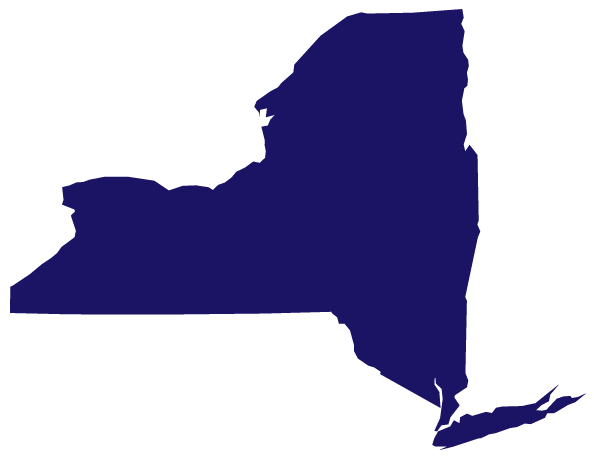§ 190.00 Issuing a bad check; definitions of terms.
The following definitions are applicable to this article:
1. “Check” means any check, draft or similar sight order for the
payment of money which is not post-dated with respect to the time of
utterance.
2. “Drawer” of a check means a person whose name appears thereon as
the primary obligor, whether the actual signature be that of himself or
of a person purportedly authorized to draw the check in his behalf.
3. “Representative drawer” means a person who signs a check as drawer
in a representative capacity or as agent of the person whose name
appears thereon as the principal drawer or obligor.
4. “Utter.” A person “utters” a check when, as a drawer or
representative drawer thereof, he delivers it or causes it to be
delivered to a person who thereby acquires a right against the drawer
with respect to such check. One who draws a check with intent that it be
so delivered is deemed to have uttered it if the delivery occurs.
5. “Pass.” A person “passes” a check when, being a payee, holder or
bearer of a check which previously has been or purports to have been
drawn and uttered by another, he delivers it, for a purpose other than
collection, to a third person who thereby acquires a right with respect
thereto.
6. “Funds” means money or credit.
7. “Insufficient funds.” A drawer has “insufficient funds” with a
drawee to cover a check when he has no funds or account whatever, or
funds in an amount less than that of the check; and a check dishonored
for “no account” shall also be deemed to have been dishonored for
“insufficient funds.”





